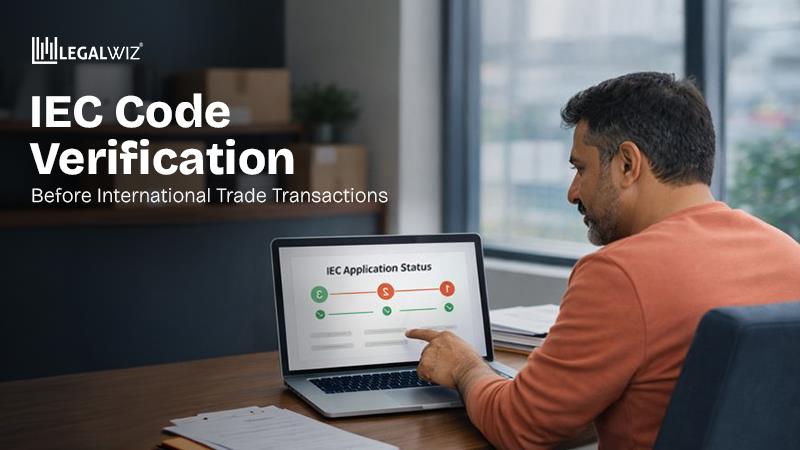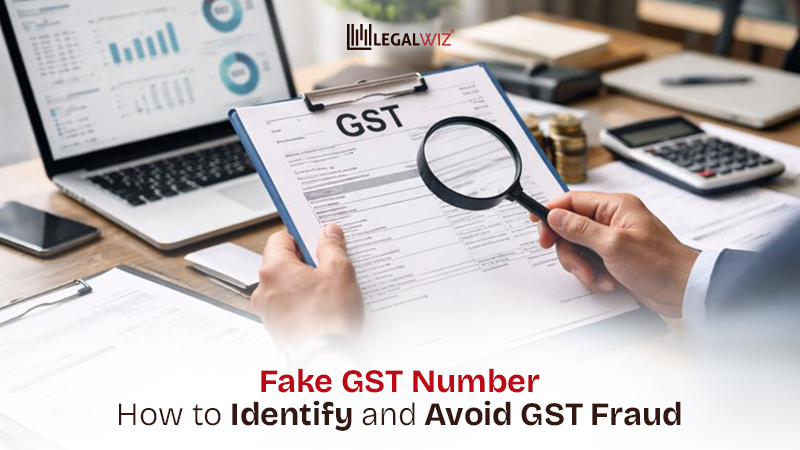Difference between Auditor & Compliance Officer
The distinction between the auditor and the compliance officer is not always apparent. There are obvious parallels, and the two have common characteristics with some overlap, so it is fair to confuse them with almost fusion. In certain instances, they must function together, but there are distinct variations.
One interesting difference is that an auditor will audit the tasks performed by an enforcement officer and make sure they do the right thing, but that doesn’t work the other way around. This is because the conformity officer’s position is specific to organizational and regulatory risks, and the auditor’s role encompasses all threats to the organization.
Also Read: Understanding the role of auditors in LLP
Sounds simple. But it’s not so. Here’s why!
Compliance Officer
Your compliance enforcement officer must be familiar with existing and future, possibly evolving regulatory legislation. This is to set operating policies and procedures to be followed by relevant parties within or connected to the company to fulfill and prevent any possible risks.
The enforcement officer focuses on regulatory and other criteria and then sets a robust policy and procedure to be implemented and carried forward now.
Their position is unique to the company’s regulatory and operational risks.
Auditor
The auditor shall review the policies and procedures defined and then the parties concerned shall comply with them. He monitors how tasks are done. Following this policy and procedural assessment, the auditor should ensure that all practices now meet this policy.
The auditor reviews existing practices, much like the Compliance Officer, and looks back to ensure that all operations are carried out according to defined policy and procedure.
His job is not unique to the company but covers all risks to the company.
Cooperation is Key
To operate efficiently, all organizations should pursue the cooperation of a team. Informing and advising on administrative enforcement, the compliance officer should preferably function intrinsically in the enterprise. By way of consistent communication, all team members should be aware of their role in enforcement at all times.
Although the enforcement officer and the auditor should collaborate also, the auditor should remain autonomous to review procedures and provide assurance without prejudice.
It is also true that the roles are cross-cutting, and they must function cooperatively, much like all roles in a successful company. We can see that the variations in the organization are still distinct and significant.
Depending on the applicability of the business rule, various kinds of the audit are available. Reviews such as:
Also Read: Understanding Compliance & Analysis in Businesses
- Tax Audit: The purpose of the audit by section 44AB is to decide if various provisions of the Law on income tax are complied with, and other requirements of the Law on income tax are fulfilled. The taxpayer’s chartered accountant’s audit in compliance with section 44AB is referred to as the tax audit.
- Statutory Audit: A statutory audit is a form of audit needed to ensure that books of accounts submitted to regulators and the public are accurate and fair by regulation or statute. The statutory audit is compulsory if specific business requirements are met. A trained, independent Chartered Accountant does it.
- Internal Audit: Internal Audit is a company department or agency that offers an unbiased, objective analysis of structures, companies, and procedures in a company.
- Concurrent Audit: Auditing financial transactions routinely and promptly shall be performed annually to ensure precision, authenticity, adherence to procedures, and guidelines. The focus of the concurrent audit is not on test checks but substantial transaction checks.
- Stock Audit: Stock audit is a term relating to the physical checking of inventory assets in a business or organization. Depending on the intention, there are kinds of stock audits, and a different approach is required for every stock audit.
- GST Audit: GST Audit means a review of taxpayers’ returns, records, and other records. The GST audit’s objective is to decide if the turnover, the taxes charged, the ITC refund claimed, and the ITC abuses referred to in the annual report are valid or fair.
LegalWiz offers a bouquet of compliance and auditing services at affordable rates. Talk to compliance experts at LegalWiz.in and ensure the smooth running of your business. There’s also a dedicated team of CAs whom you can onboard as auditors as we enable you with a faster and convenient turnaround while being cost-effective.

Labdhi Kochar
Labdhi Kochar is a legal whiz who makes startup laws sound almost fun (yes, really!). With expertise in business structuring, fundraising, and IP rights, she helps entrepreneurs turn their ideas into well-planned, legally sound ventures. Whether she’s building rock-solid business structures or simplifying compliance jargon, Labdhi believes legal knowledge should be practical and accessible. When she’s not decoding legal complexities, you’ll probably find her indulging in her true passion-shopping like it’s a full-time job!







